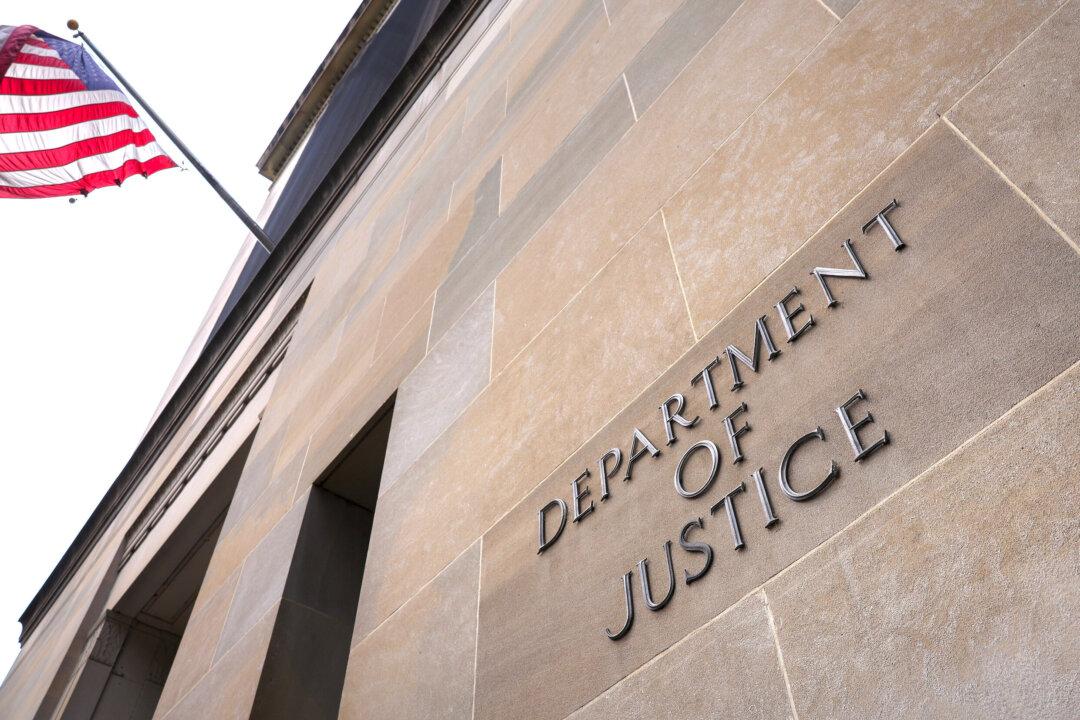The Department of Justice (DOJ) asked the U.S. Supreme Court on Dec. 31, 2024, for an emergency order resurrecting a federal anti-money laundering law that lower courts blocked weeks earlier.
The statute, known as the federal Corporate Transparency Act (CTA), required millions of business entities to file information returns about their owners by Jan. 1, 2025.





